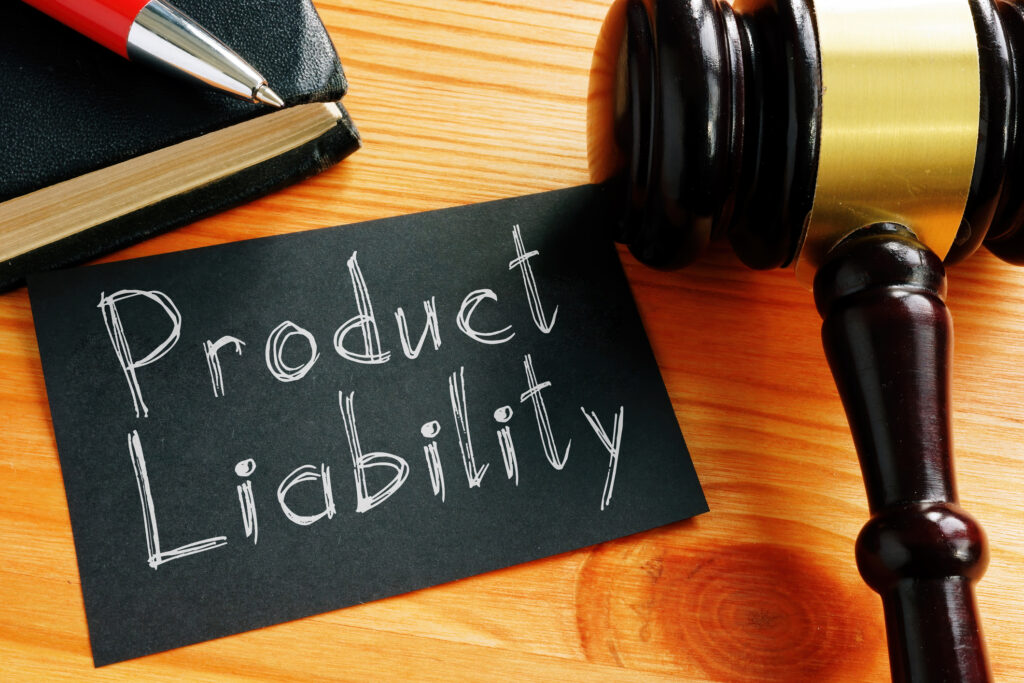When consumers purchase products, they trust that those items are safe and will perform as advertised. In instances where products cause harm or injury, legal recourse may be necessary to address consumer grievances. In Florida, product liability claims can generally be categorized under two main legal theories: negligence and strict liability.
Understanding the differences between these legal concepts is crucial for both consumers who seek justice and manufacturers who wish to protect themselves from liability.
The Basics of Negligence
Negligence is a legal theory grounded in the idea that individuals and companies have a duty to act reasonably in their actions. In product liability cases, a manufacturer or seller may be found negligent if they fail to meet the standard of care required in designing, manufacturing, or marketing their product. To succeed in a negligence claim, the plaintiff must establish four key elements:
- Duty of Care: The manufacturer or seller is obligated to ensure that the product is safe for consumer use.
- Breach of Duty: The defendant failed to meet that duty of care, which could be due to improper design, inadequate manufacturing processes, or failure to provide appropriate warnings or instructions.
- Causation: The plaintiff must demonstrate a direct link between the breach of duty and the injury that occurred. This often requires showing that the product was defective or unsafe as a result of the defendant’s actions.
- Damages: The plaintiff must provide evidence of actual damages, such as medical expenses, lost wages, or pain and suffering resulting from the product’s failure.
In Florida, negligence claims are often subject to comparative negligence laws, which means that if the plaintiff is found partially responsible for the injury, their compensation may be reduced by their percentage of fault.
Understanding Strict Liability
Strict liability presents a different approach to product liability. Under this theory, the burden of proof shifts. A plaintiff does not need to prove negligence or fault on the part of the manufacturer. Instead, the focus is on whether the product was defective and whether that defect caused the injury. This can include three main types of defects:
- Design Defects: Flaws inherent in the product’s design that render it unsafe for use, even if it is manufactured perfectly.
- Manufacturing Defects: Errors that occur during the manufacturing process, resulting in a product that deviates from its intended design.
- Marketing Defects: Inadequate warnings or instructions about a product that could lead to improper use and subsequent harm.
For a plaintiff to succeed in a strict liability case, they must show that the product was defective and unreasonably dangerous when it was sold. Florida law simplifies the process for plaintiffs because they do not have to prove that the manufacturer acted negligently, only that the product failed to meet safety expectations.
Differences Between Negligence and Strict Liability
While negligence and strict liability can result in the same outcome—compensation for victims of defective products—the legal pathways and requirements for claims differ significantly.
- Burden of Proof: In negligence cases, the plaintiff must demonstrate that the manufacturer breached a duty of care. In strict liability claims, the plaintiff only needs to prove that a defect existed.
- Fault: Negligence involves establishing fault; a manufacturer can defend itself by claiming it acted reasonably under the circumstances. In a strict liability claim, the actions of the manufacturer are not relevant; the focus remains solely on the product’s defect.
- Compensation: While damages can be awarded in both types of claims, the avenues and amounts may vary depending on how fault is established in negligence cases versus strict liability cases.
Choosing the Right Approach
Understanding whether to file a product liability claim in Florida under negligence or strict liability can significantly affect the case’s outcome. Many plaintiffs, especially those who might find it challenging to prove negligence, may prefer to pursue claims under strict liability due to its more straightforward requirements.
However, the choice between pursuing a negligence claim and a strict liability claim is not always clear-cut. Factors such as the nature of the defect, available evidence, and the specifics of the case may influence the strategy. Collaborating with a knowledgeable attorney who specializes in product liability can help victims navigate these complex legal waters.
Florida Product Liability Attorneys
Both negligence and strict liability serve vital roles in product liability cases in Florida. Understanding the distinctions between these legal theories can empower consumers to take the necessary steps to seek justice while offering manufacturers insights into how they can protect themselves from potential claims. Ultimately, the goal of both approaches is to promote consumer safety and hold responsible parties accountable for the products they bring to market.
Whether the defective product resulted in catastrophic injury or the wrongful death of a loved one, Parrish & Goodman Law Firm can help. Schedule a free lawyer consultation with Parrish & Goodman Law Firm.




